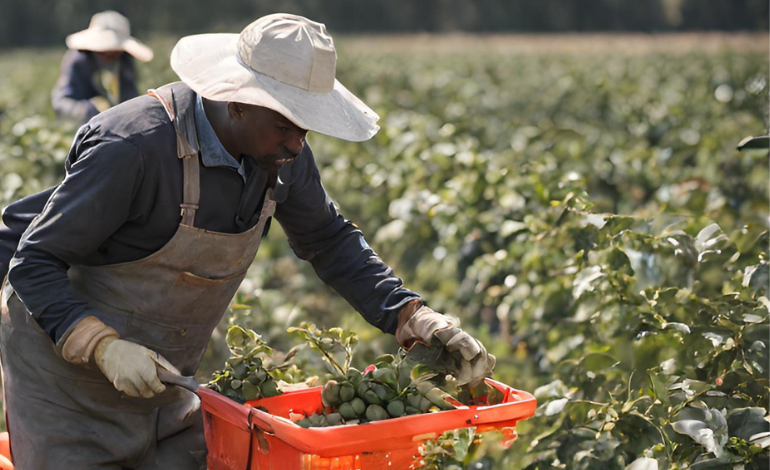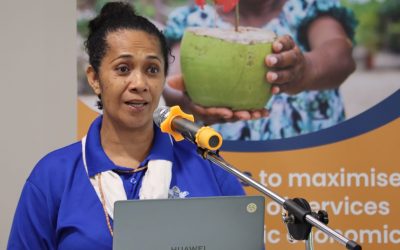Labour mobility is both a vital opportunity and a significant challenge for the Solomon Islands, as presented by key speakers at the 13th Australia Solomon Islands Business Forum. With the country participating in schemes such as Australia’s Pacific Australia Labour Mobility (PALM) and New Zealand’s Recognised Seasonal Employer (RSE) programme, these initiatives provide crucial employment opportunities abroad. However, challenges persist, including a lack of skills alignment and the relatively small size of the Solomon Islands’ diaspora, which limits the potential of remittances.
Opportunities
According to Zorivo Dorovolomo, Director of the Labour Mobility Unit (LMU) in the Solomon Islands, labour mobility schemes have been transformative for many citizens. Dorovolomo explained that as of July 2024, more than 7,600 Solomon Islanders were employed under the PALM scheme in Australia, while over 1,100 had been mobilised to New Zealand through the RSE programme. These opportunities provide invaluable work experience, allowing Solomon Islanders to gain skills abroad and bring them back to the local economy.
Dorovolomo also highlighted the LMU’s ongoing efforts to support workers, from the pre-departure phase to their reintegration back into the Solomon Islands. Programmes such as aged care expansion partnerships and private sector collaborations are designed to improve skills alignment and ensure that workers are equipped to meet international employer demands.
Challenges and the importance of remittances
Despite the clear benefits, another presenter at the forum, Simon Pollard, Managing Director of Pasifiki Services, pointed out several challenges in exporting labour from the Solomon Islands. Pollard highlighted the mismatch between workers’ skills and the needs of industries in Australia and New Zealand.
One of the most significant challenges facing the Solomon Islands is its relatively small diasporic population, especially compared to larger Pacific nations like Tonga and Samoa. This limits the flow of remittances, which are a critical financial lifeline for families in the Pacific. Unlike other Pacific countries with large expatriate communities, the Solomon Islands has fewer citizens abroad, which means lower remittance flows. Yet, remittances remain essential, supporting household incomes and helping to address basic needs like education and healthcare.
Despite these challenges, remittances from labour mobility schemes like PALM and RSE remain a crucial source of income for Solomon Islander families. In 2023, these remittances played a key role in alleviating poverty, especially for households reliant on seasonal work abroad. The income sent back by workers in Australia and New Zealand has become a critical economic pillar for many Solomon Islander families, particularly in times of local economic instability.
Looking Forward
Both Dorovolomo and Pollard agreed that labour mobility will continue to play a key role in the Solomon Islands’ economic development. Dorovolomo stressed the importance of ongoing collaboration with foreign employers, local businesses, and educational institutions to address skill gaps and improve workers’ readiness. Partnerships with the private sector, training programmes, and better skills alignment will be essential to ensure that the benefits of these schemes are maximised.
Pollard echoed this sentiment, adding that the Solomon Islands should also focus on creating reintegration pathways to help returning workers contribute to local industries.
Labour mobility remains an invaluable economic driver for the Solomon Islands, offering employment abroad and generating essential remittances. However, to fully capitalise on these opportunities, the country must address ongoing challenges related to skills mismatch and limited access to capital, all while ensuring that the flow of remittances continues to support the well-being of its people.



